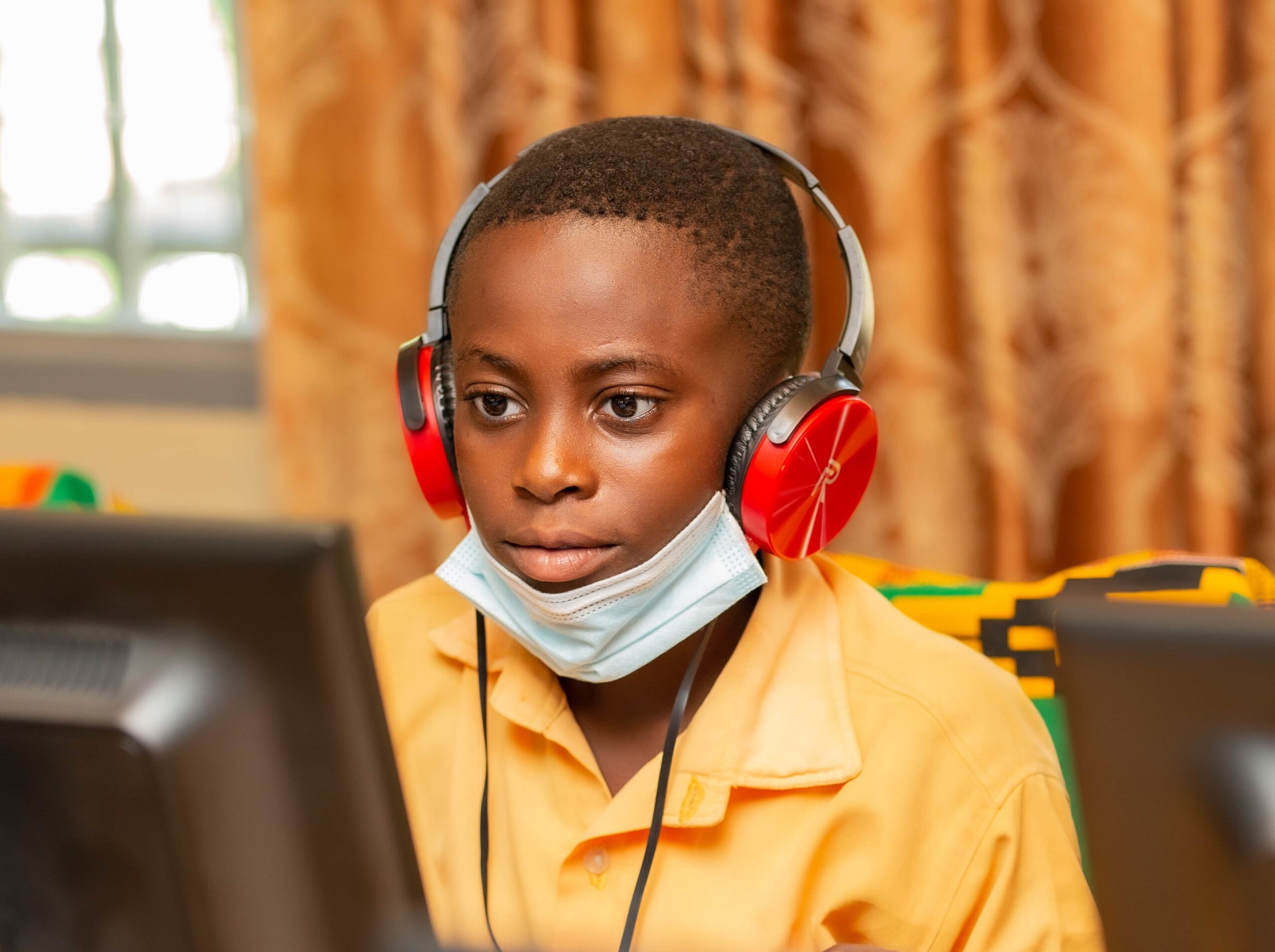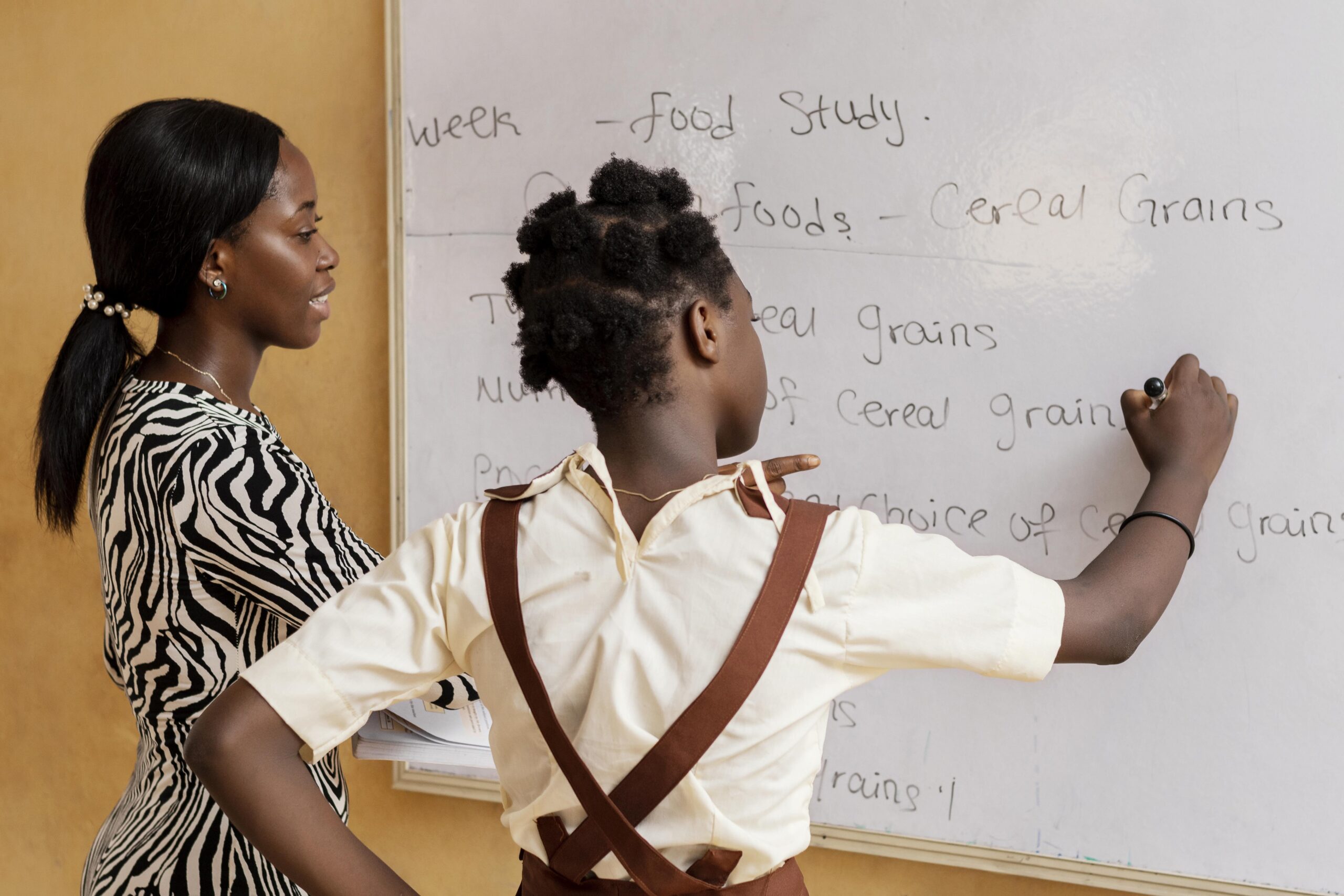
10 Dos and Don’ts for JHS Classroom Management
10 Dos and Don’ts for JHS Classroom Management
Calling a student out in front of their peers can be unavoidable at times. But this can be tricky when you’re dealing with JHS students. Even though you don’t mean to, it can sometimes do more harm than good. Sure, calling out a student might stop their behaviour short-term, but it could also make things a lot harder to work with that student in the future. Here are some dos and don’ts when it comes to JHS classroom management. These come from other teacher’s learned trial-and-error, so we hope these will help those of you working with JHS Students.
1. Do remember how important it is for adolescents to fit in.
Fitting in is basic survival. Being mocked or criticized in front of their classmates is often the worst thing that can happen to a teen.
2. Don’t seek to motivate students by embarrassing them.
It will not have any long-term effect on their behaviour, and it will make them less likely to trust you.
3. Do keep the end goal in mind.
The ultimate goal is always to form relationships with students so that they will eventually become equal partners in their education.
4. Don’t take it personally.
It’s natural to feel slighted by a disruptive or disrespectful student, but try to remember that it’s not about you. Adolescence is a time of testing boundaries and if you can keep your cool, you’re more likely to be able to forge a trusting relationship with your students.
5. Do keep brain function in mind.
When teens are in the midst of feeling strong emotions like shame and embarrassment, they are functionally incapable of listening critically and problem-solving. If you increase their fear or anger, you have lost the ability to have them learn from the incident.
6. Don’t make it personal.
Teens are generally very self-critical. The worse they feel about themselves, the more self-absorbed they become. This can start a spiral that lands them in isolation or frustration they can not see a way out of.
7. Do acknowledge a student’s positive attributes.
Focusing on what they are doing well helps them see other ways they can contribute and helps reinforce the message that you want to see them succeed.
8. Do ask lots of questions.
What are they struggling with? Where could they use more support? What are their favourite books, movies, music, sports?
9. Don’t have all the answers.
Part of working with adolescents means letting them know that we think they are capable of coming up with their own solutions.
10. Do try to talk one-on-one and hold them accountable.
Remember that blame is often more about finding fault with someone than it is about helping them understand where their responsibility lies and how to do better next time.
What would you add to the list? Email us at ![]() and in the Subject Line put: 10 Dos and Don’ts for JHS Classroom Management
and in the Subject Line put: 10 Dos and Don’ts for JHS Classroom Management








